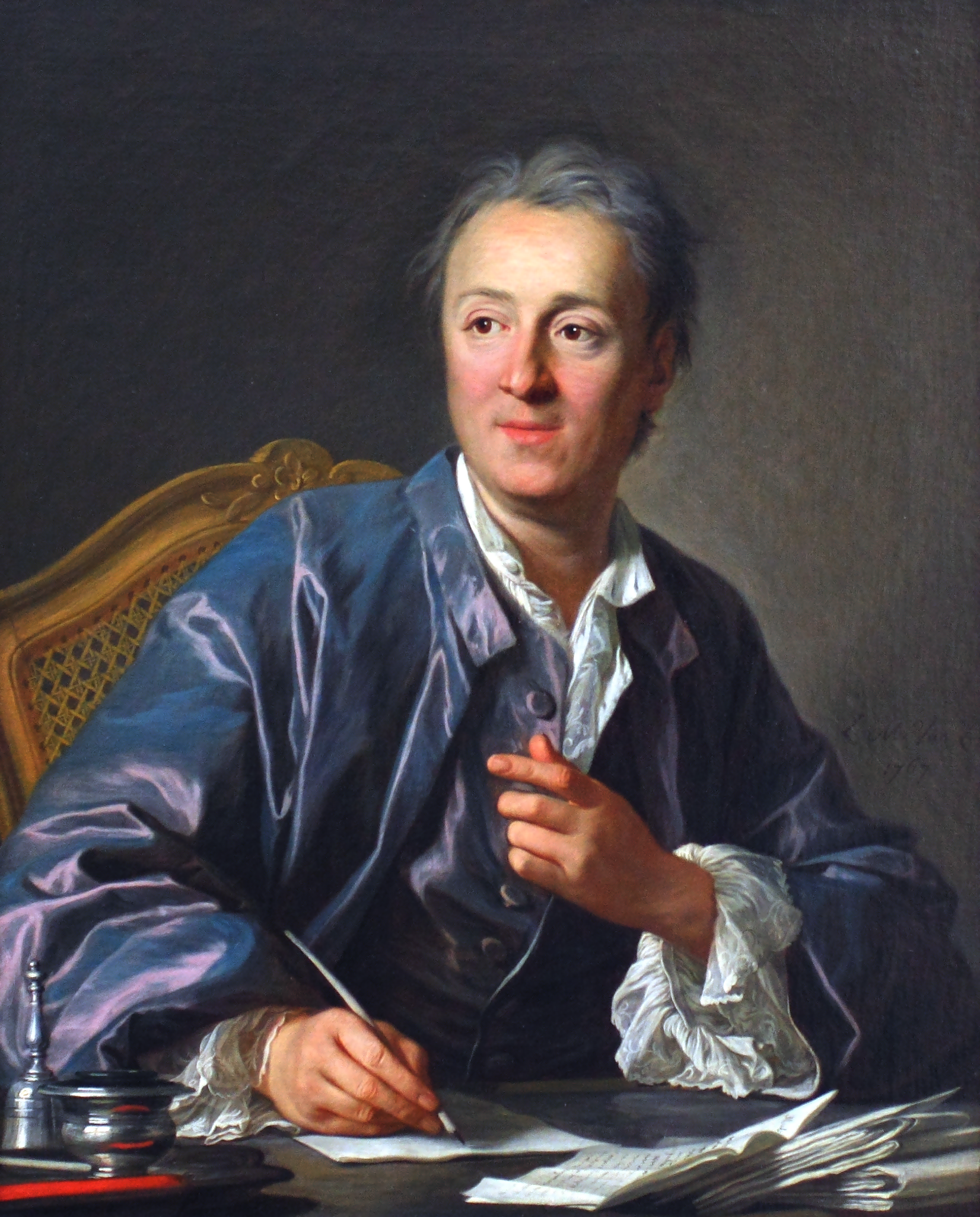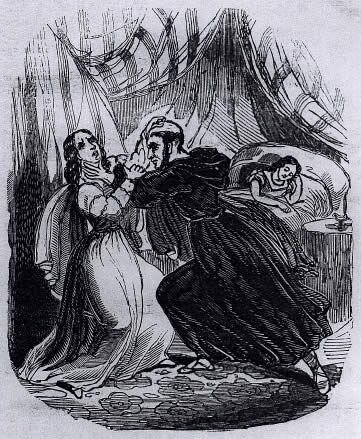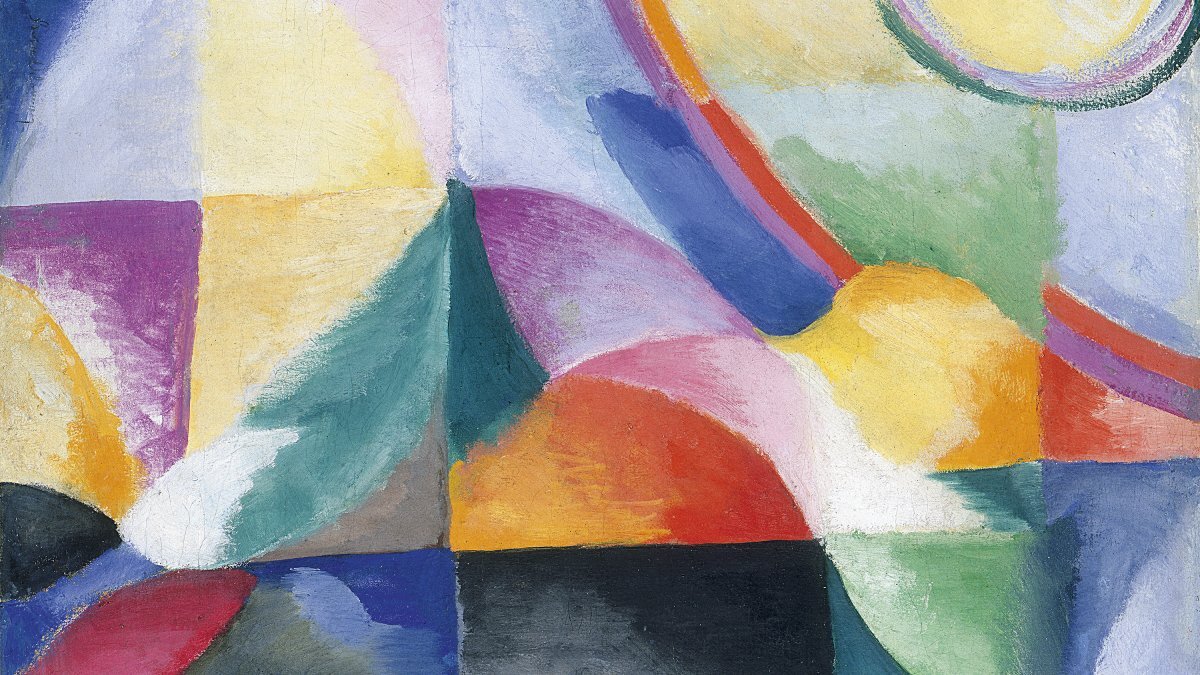
Talks
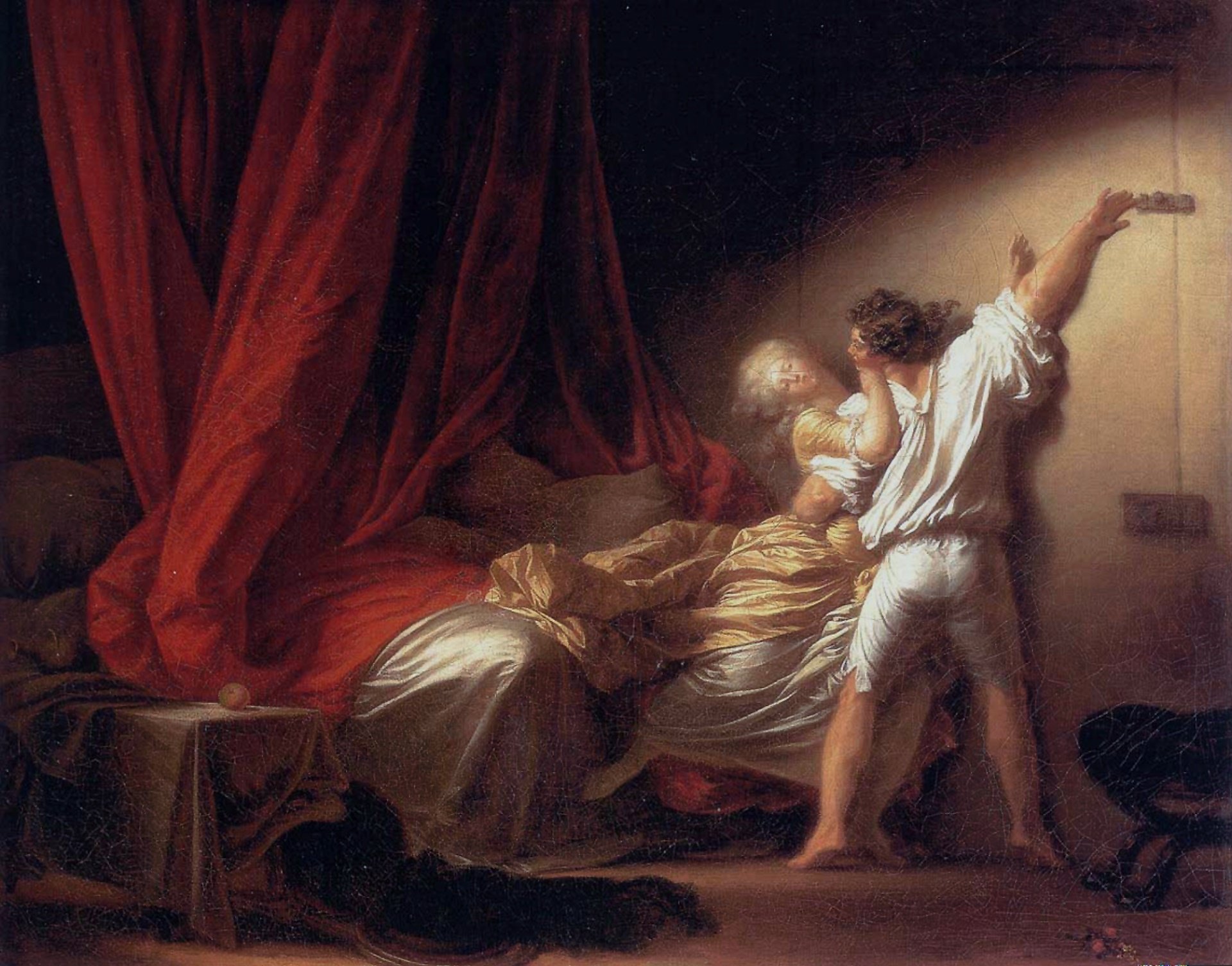
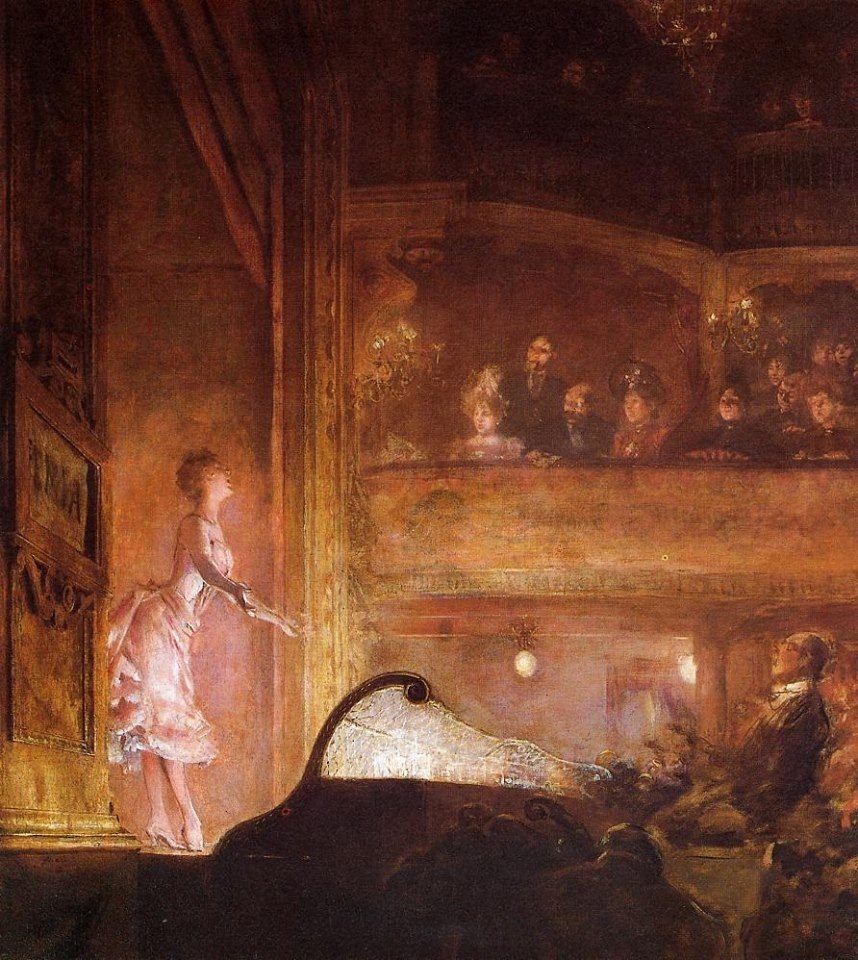
“Divergent Portraits: from Pedagogy to Transgression”
Based on my dissertation research, this paper will explore the early use of portraiture as a proleptic mode of narration and its later reshaping, when unprincipled libertine immorality and Gothic obscurity shattered Enlightenment certainties and cast a shadow over the Lumières of the era.
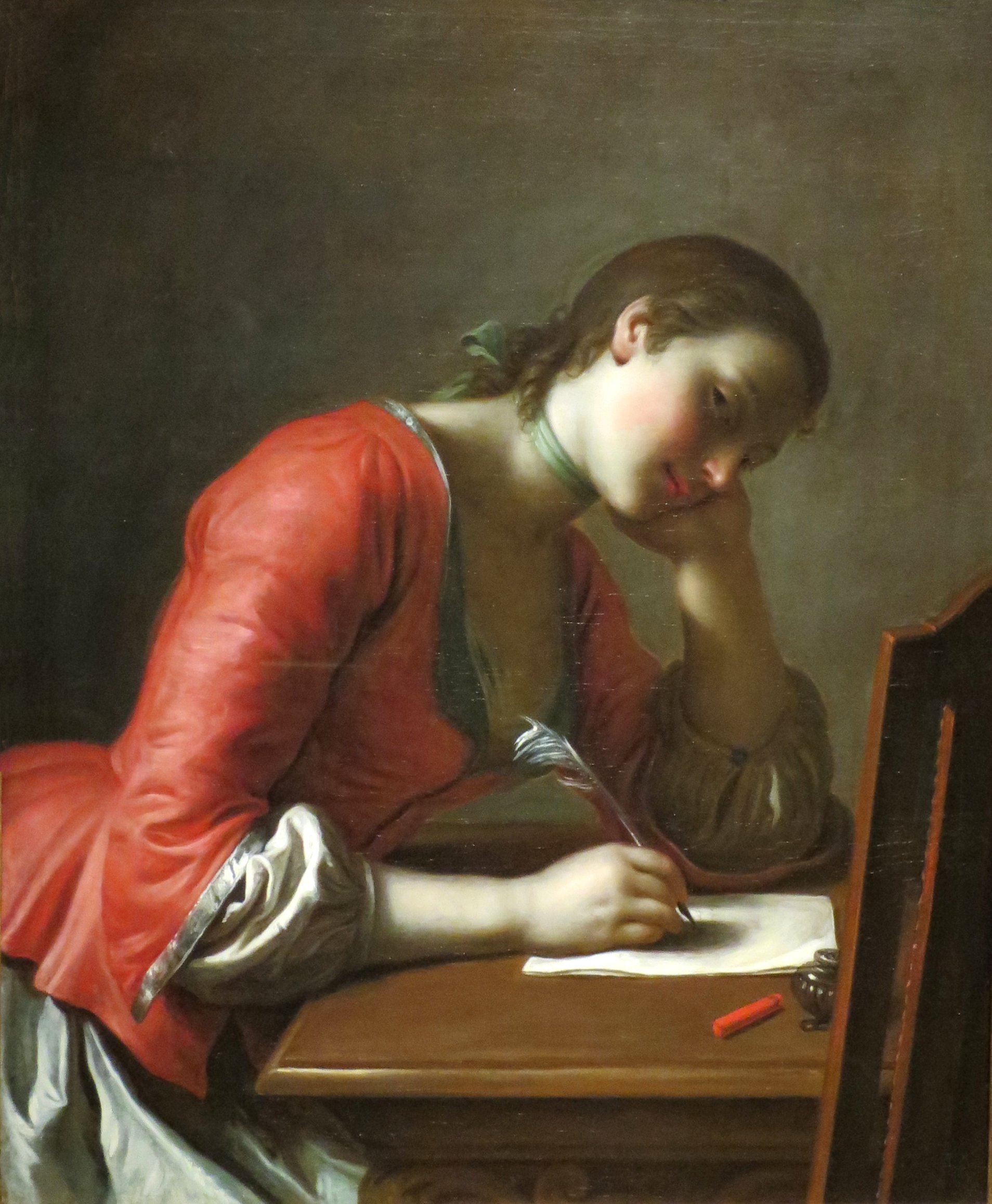
New 18th-Century Narrative Genres and the Creation of the Fictional Category of Youth
In this presentation I consider how the development of two new fictional genres, i.e. fictional memoirs and epistolary novels played a foundational role in creating the fictional full-standing category of youth.
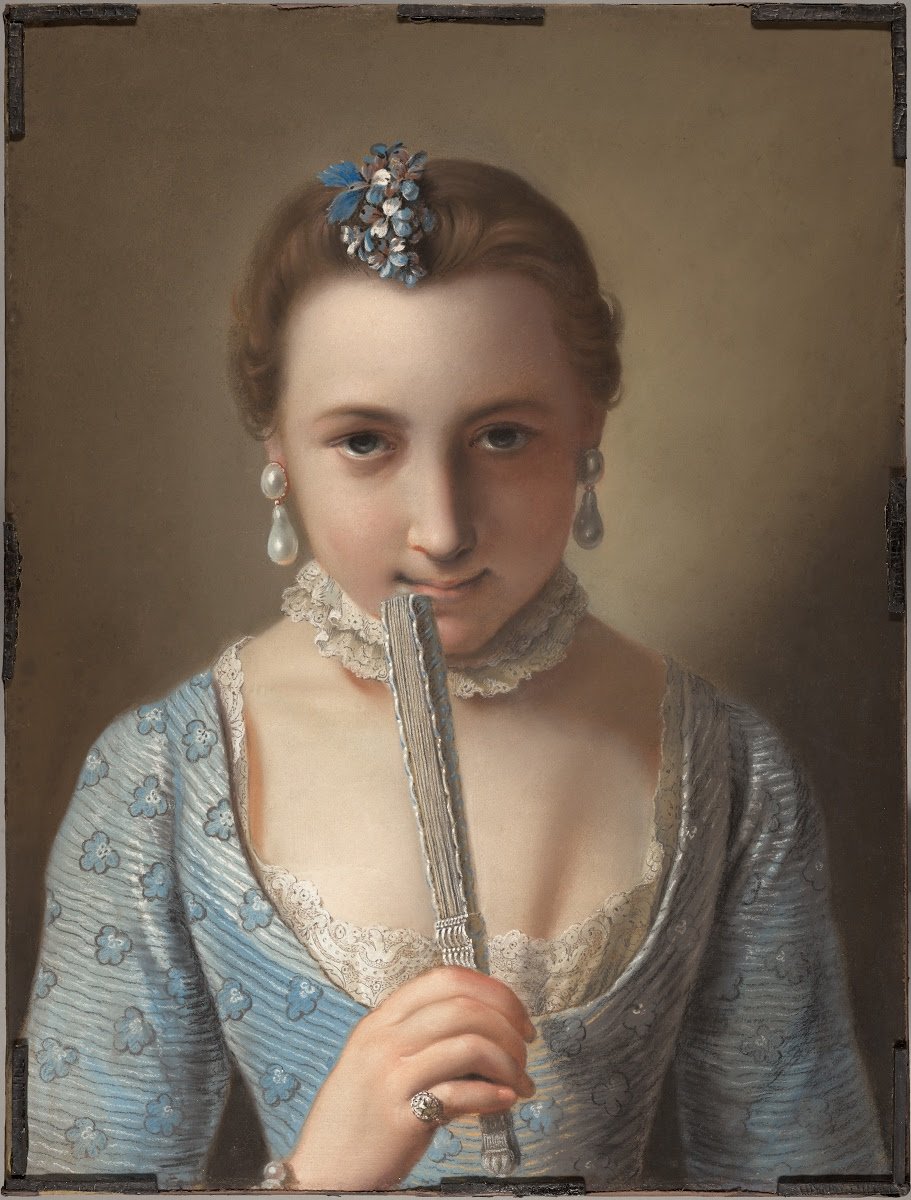
The Right Age to Speak?
This presentation brings to light a transformation that occurred in the representation of young fictional characters between the 17th and 18th-century.
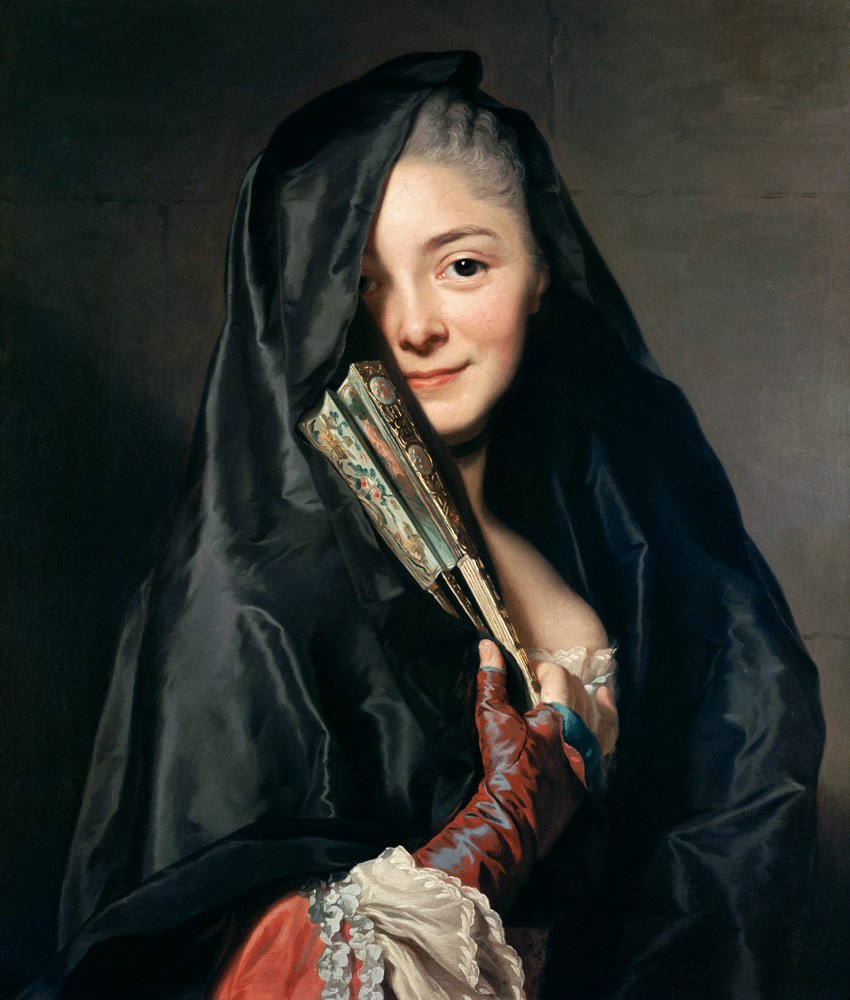
"Eighteenth-Century Literary Portraits: the Repurposing of a Seventeenth-Century Socialite Practice"
In this article I move away from the traditional approach to the Enlightenment as a break from past practices and traditions. Using recent research on description in the late 17th-century and in the Enlightenment, I consider instead the ways in which 18th-century novelists borrowed and repurposed 17th-century practices.
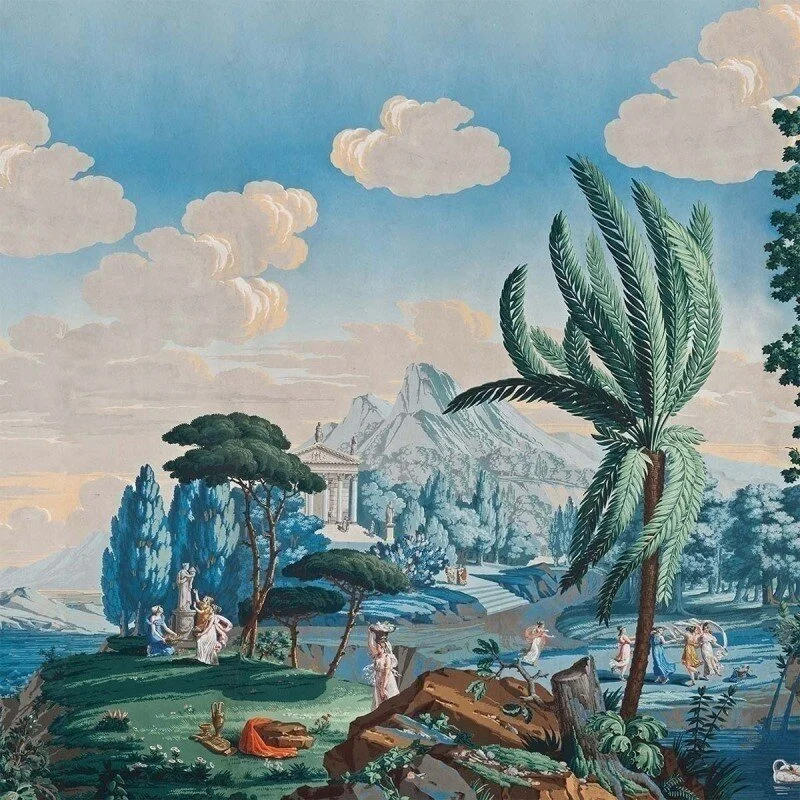
Le portrait au XVIIe siècle : entre représentation de soi et jeu des apparences
Mon étude de cas portera sur les stratégies représentatives mises en place par Fénelon dans le Télémaque (1699), où, afin d’enseigner à son disciple, le Duc de Bourgogne, à distinguer les courtisans fiables des courtisans déloyaux, il transforme le portrait mondain en un outil didactique et épistémologique.
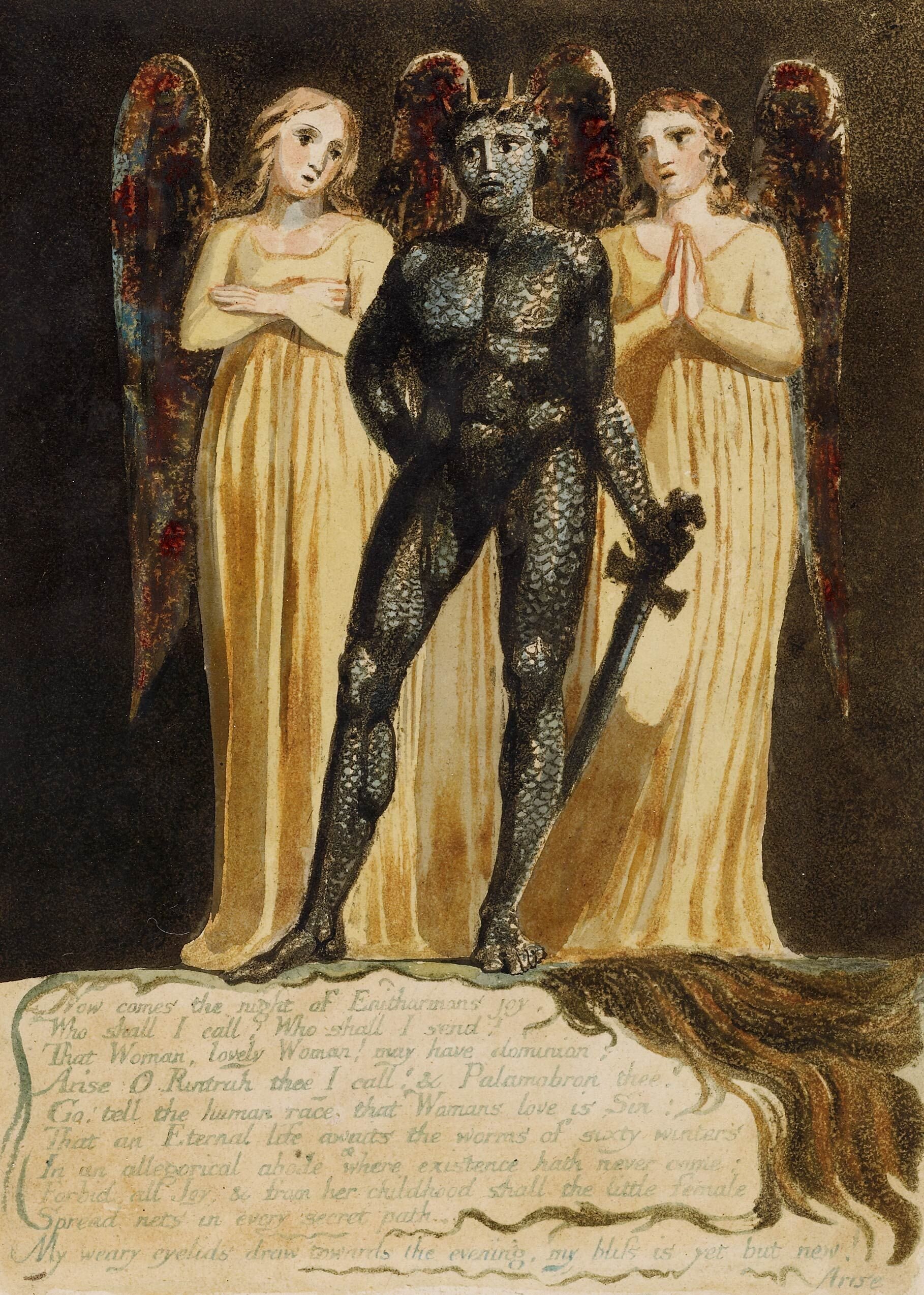
An Enlightenment Fictional Guidebook to the Other
In this talk, drawn from my dissertation research, I show how 18th century literary portraits were shaped by three unlikely sources: Cicero’s docere, delectare, movere, Plato’s kalokagathia and Baroque appearances.
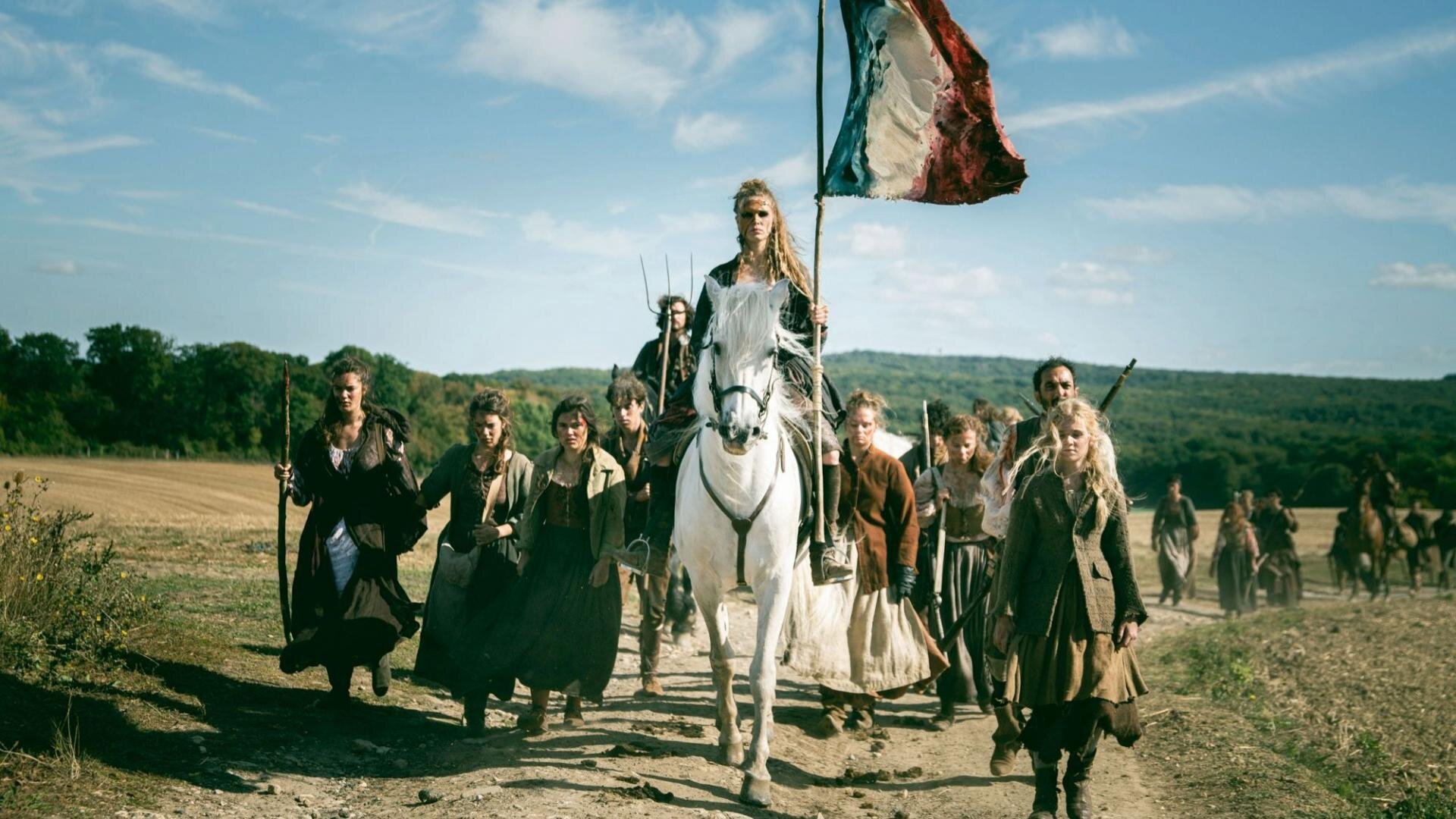
Caribbean Witches and Zombies Decolonizing Empires
In this paper I will analyse two works, I, Tituba, Black Witch of Salem, a 1986 novel by the Francophone author Maryse Condé (1937-) and the all-new “Netflix Original” French TV-series La Révolution (2020). Both fictions go back to momentous historical events, such as the Salem Witch Trials (1692-93) and the French Revolution (1789) with the explicit goal of re-telling history from the angle of the oppressed.
